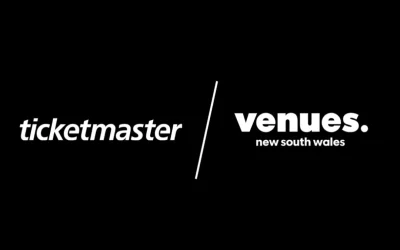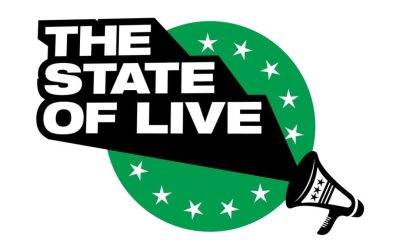The closing ceremony for the 2008 Olympic Games are just around the corner on Sunday, August 24, and some travelers are still trying to nab last-minute tickets for the competitions. But with recent crackdowns on ticket reselling, potential buyers may have trouble tracking down legitimate tickets and safe options for buying them.
Days before the games began, scam sites like beijingticketing.com and beijing-tickets2008.com were charged with making more than $50 million in fraudulent ticket sales. According to published reports, Chinese officials arrested 276 scalping suspects and confiscated more than 600 tickets within the last five days. Convicted scalpers could face upwards of 10 days in a Chinese detention facility — a penalty that many brokers are avoiding by staying out of Beijing.
But for those who still have their hearts set on Olympic tickets, viagogo.com‘s founder and CEO Eric Baker has advice: Buyer beware.
“You have to make sure that you know the source you’re buying from,” Baker told TicketNews in an exclusive interview. He explained that recent discovery of fraudulent sites “shows that people can create very elaborate but phony Web sites” to scam consumers.
Although some Olympic tickets are being listed at more than $60,000, Baker warned that the price of a ticket should be the least of buyers’ concerns. “The biggest issue you have is less about the price you pay and more about having an official ticket,” he commented.
Buyers might not want to pay high prices on the secondary market for a ticket, but sometimes, the price tag can be a sign of the ticket’s authenticity. Because of China’s restriction secondary sales, the whole market was driven underground, which caused an increase in prices as demand increased. Baker stated that, while the pre-Olympic premiums may decrease as the games draw to a close, “the tickets will always be a hot item” with prices to match.
Buyers should not feel pressured to spend more money than they’re comfortable paying, but they should be prepared to alter their perceptions of what a “good deal” is.
“A phony ticket at any price is still a bad deal,” Baker remarked. “And if it seems too good to be true, it probably is.”



